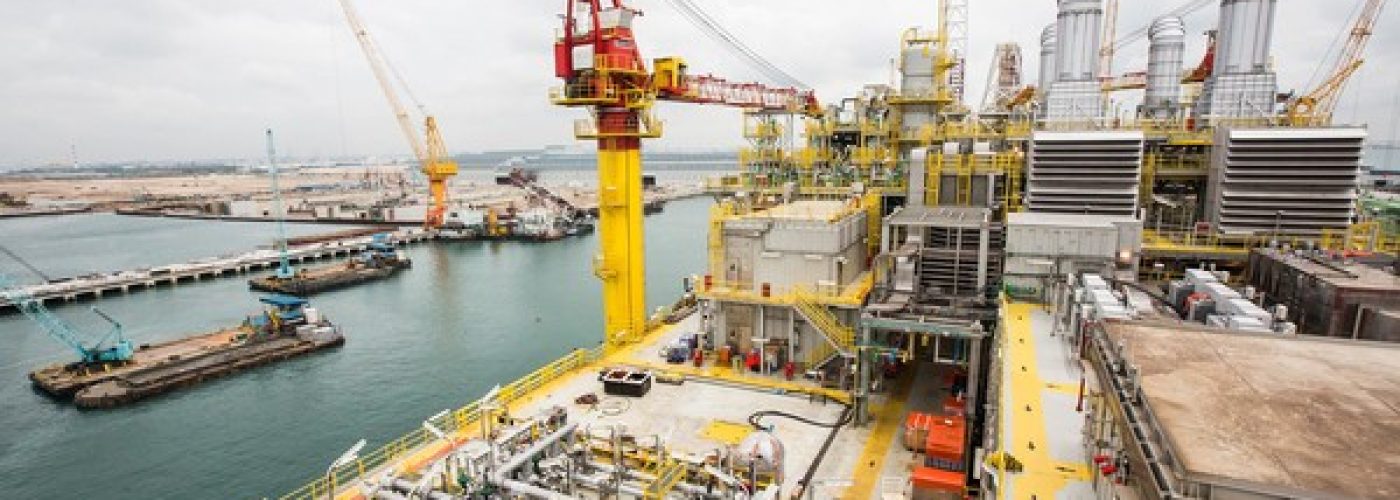 ©Bloomberg
©BloombergMultinational oil services companies are pulling staff out of Singapore and relocating to neighbouring Malaysia to cut costs, in a further sign of the damage being inflicted on the city-state by the crude price slump.
Businesses that have relocated to the Malaysian capital of Kuala Lumpur over recent months include McDermott, Technip, and Subsea 7.
The cost of real estate is lower in Malaysia than Singapore, reducing expenditure on commercial property and staff housing.
It is also significantly cheaper to buy or lease company cars in Malaysia. Singapore is one of the world’s most expensive places to own a car due to high registration fees and taxes, and the steep cost of a “certificate of entitlement” to own a car. Singapore auctions these certificates as a measure to curb the growth of vehicle ownership.
The engineering companies also cite the advantage of being closer to customers in Malaysia’s offshore oil and gas sector.
In addition to these factors, one oil industry insider said the slump in the value of the ringgit last year had made a relocation to Malaysia more attractive, sharpening the difference in costs with Singapore.
Malaysia is increasingly seeking to compete with Singapore to seize opportunities in Asia’s oil, gas and petrochemicals markets.
Petronas, the Malaysian state oil and gas company, is building a refinery in the southern state of Johor, which borders Singapore. The city-state is one of the world’s top three refining centres despite producing no oil or gas of its own.
Subsea 7, the Oslo-listed engineering contractor for offshore oil and gas, said it was “committed to streamlining processes, reducing costs and finding efficiencies in light of ongoing market conditions”.
The company will retain three functions in Singapore: a logistics base, an office managing offshore personnel and a unit handling inspection, maintenance and repair.
McDermott, the US oil and gas services company, said the relocation was aimed at taking advantage of a more favourable cost base, as well as creating a larger in-country presence for customers.
Technip, the French oilfield services company, said the thinking behind its move, decided at the end of 2014, was to rationalise costs and consolidate regional operations at a single base.
“Prior to the shift, Technip had two subsea hubs in Southeast Asia which were geographically close to each other — one in KL and one in Singapore with each offering different expertise, engineering disciplines and services,” it said in a statement.
Technip said its move had created a “one-stop centre” in the region. It was important to be closer to customers for “better visibility”, it added.
The moves by multinationals are adding to the pain Singapore has suffered during the oil price drop. Companies in Singapore’s offshore marine sector, a key part of the island’s economy, have slashed their workforce.
Keppel Corporation, the world’s biggest manufacturer of jackup rigs, cut 17 per cent, or about 6,000, of its global workforce last year and reduced its subcontracted Singapore workforce by 24 per cent, or about 7,900.
Local rival Sembcorp Marine, which reported a net loss of S$290m (US$211m) for 2015, let go between 3,000 and 4,000 workers in 2015, mostly foreign nationals employed by subcontractors.
The collapse in the oil price has not left Malaysia unscathed, however. Petronas is making deep cuts in operating and capital expenditure, deferring some projects.
“As difficult as 2015 has been for us, the next two years will continue to be challenging,” Wan Zulkiflee Wan Ariffin, chief executive of Petronas, told reporters in Kuala Lumpur last month.
Copyright The Financial Times Limited 2016. You may share using our article tools.
Please don’t cut articles from FT.com and redistribute by email or post to the web.





